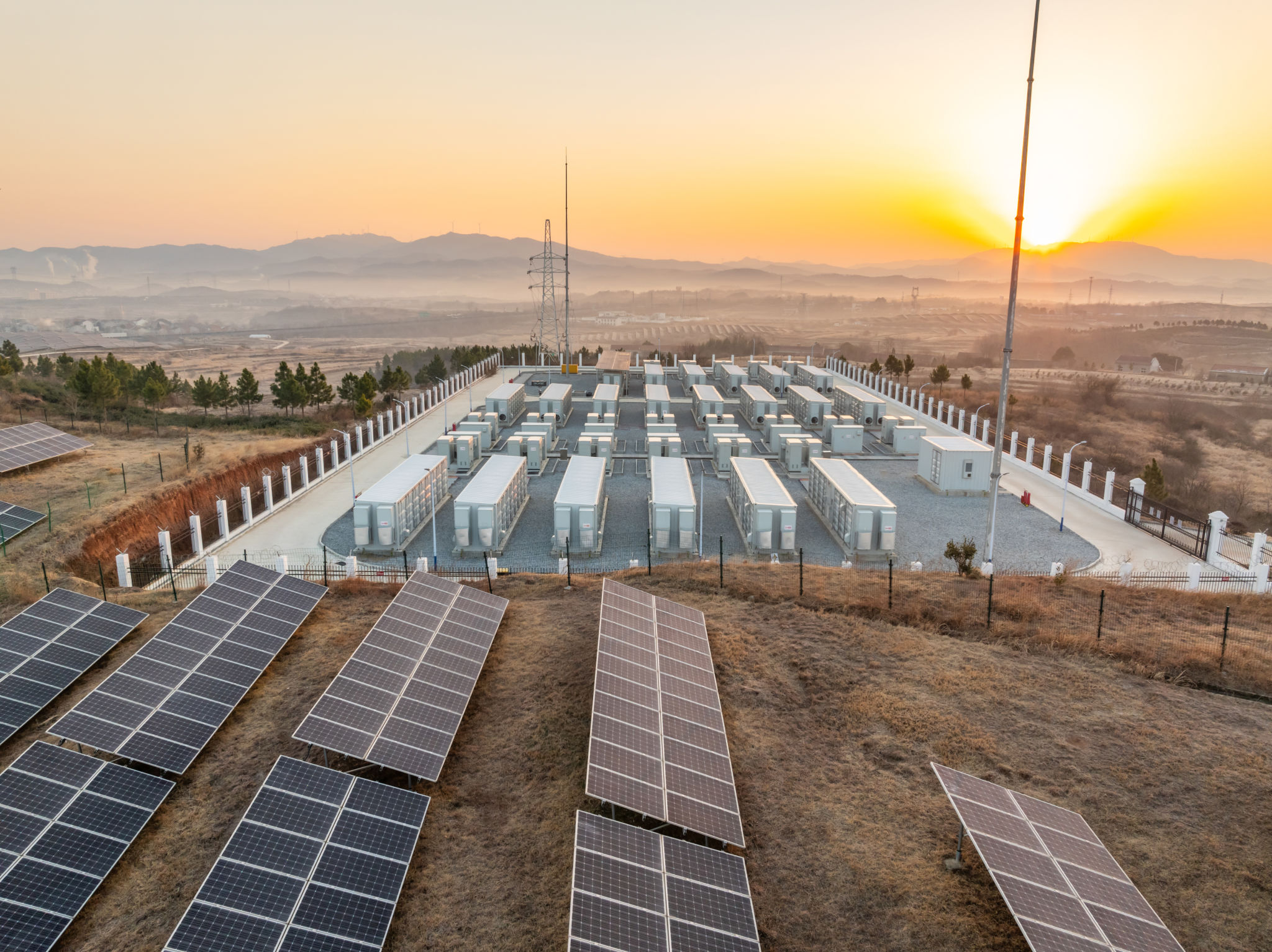Expert Tips on Maximizing Solar Energy Efficiency in New Jersey Homes
Understanding Solar Energy Potential in New Jersey
New Jersey offers a promising environment for solar energy adoption due to its moderate climate and strong state incentives. With roughly 200 sunny days per year, homeowners have the opportunity to harness substantial solar energy. To maximize efficiency, it's crucial to understand the potential of your location. Assess factors like roof orientation, shading, and local weather patterns to determine the optimal solar setup for your home.

Choosing the Right Solar Panel System
Selecting the appropriate solar panel system is essential for maximizing energy efficiency. Consider factors such as the type of panels—monocrystalline, polycrystalline, or thin-film—and their efficiency ratings. Monocrystalline panels are often more efficient and space-saving, making them ideal for smaller rooftops. Additionally, ensure that the inverter technology aligns with your energy consumption needs.
It's also vital to evaluate the durability and warranty of the panels. A longer warranty period often reflects the manufacturer's confidence in their product's longevity, which can be a critical factor in your decision-making process.
Optimizing Solar Panel Placement
Proper placement of solar panels significantly impacts their efficiency. Panels should ideally face south to capture maximum sunlight throughout the day. However, east or west-facing panels can still be effective if south-facing placement isn't possible. Avoiding shading from trees, chimneys, or other structures is crucial, as even partial shading can drastically reduce output.

Adjusting Tilt and Orientation
The angle of your solar panels also plays a role in energy efficiency. In New Jersey, a tilt angle between 30 and 40 degrees is generally recommended to optimize solar gain throughout the year. Some systems offer adjustable mounts to tweak the angle seasonally, further enhancing performance.
Incorporating Energy Storage Solutions
Integrating battery storage with your solar system can greatly enhance its efficiency and reliability. Energy storage allows you to store excess energy generated during sunny periods for use during cloudy days or at night. This not only maximizes your solar investment but also provides a backup power source during outages.

Benefits of Net Metering
Take advantage of New Jersey's net metering policy, which allows homeowners to receive credits on their electricity bills for surplus energy fed back into the grid. This can significantly reduce monthly utility costs and improve the return on investment for your solar system.
Regular Maintenance and Monitoring
To ensure long-term efficiency, regular maintenance of your solar system is essential. Cleaning panels periodically to remove dust and debris can prevent efficiency losses. Additionally, monitoring systems can help you track performance and identify any issues early on. Many providers offer apps or online platforms for real-time monitoring and alerts.
By combining these expert tips with the incentives offered by New Jersey, homeowners can optimize their solar energy systems and contribute to a more sustainable future.